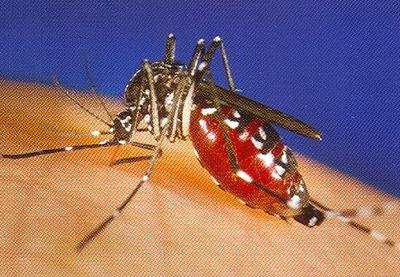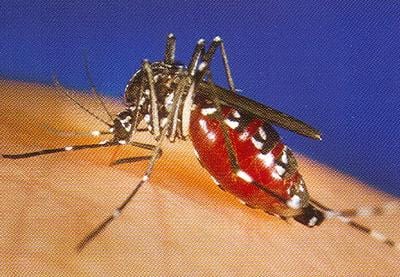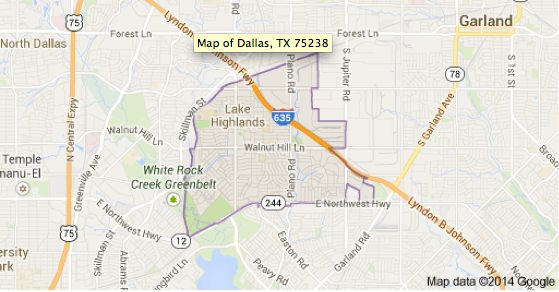Dallas County Health and Human Services has confirmed a second case of West Nile Virus in a human in the city for the 2014 season. City officials are not released the patient’s name, for privacy reasons, but did say that the person lived in the 75238 zip code.
The 75238 zip code area is in the northeast part of Dallas, bordered primarily by East Northwest Highway, Skillman Street, Forest Lane and Jupiter Road.
According to the Texas Department of State Health Services, there have been 15 confirmed cases of West Nile Virus in humans this year. Of those, eight have been West Nile fever, and seven have been the more severe West Nile neuroinvasive disease. Both of the Dallas County cases have been West Nile fever.
There has been one confirmed case of West Nile fever this year in each of the following counties: Brazoria, Ellis, Parker, Tarrant and Travis. Both Galeveston County and Liberty County have confirmed one case each of neuroinvasive West Nile.
Montgomery County, north of Houston and just west of Lake Conroe, has confirmed five cases of neuroinvasive West Nile and one case of West Nile fever this year.
DSHS recorded 183 human cases of West Nile Virus last year. Of those, 113 were the more severe neuroinvasive West Nile. The virus killed 14 people in Texas in 2013.
The city of Dallas protocol calls for targeted ground spraying in areas where West Nile has been confirmed in mosquitoes and in areas where trapping has indicated a significant increase in the number of mosquitoes with the potential to carry the virus.
City officials said that existing traps near where the infected person lives have not tested positive for West Nile. Still, they said, the city will expand surveillance and place an additional trap near the location in an effort to get more information.
According to a press release from the city: “The city’s mosquito control program is continually evolving to address the threat of the West Nile Virus. Public information and outreach is extensive, using television, radio, billboards, brochures and community meetings. A webpage at www.dallascityhall.com is dedicated to WNV information, including links to videos developed to educate the public on WNV prevention.
“Additionally, the city is proactively identifying sources of mosquito breeding by responding to 3-1-1 standing water, stagnant pools and water conservation complaints. However, it is important that residents do their part by taking the necessary precautions to avoid exposure to the virus.”
The best defense against contracting West Nile is not get bitten by a mosquito. And city and state health officials urge everyone to reduce outdoor activity during the evening and nighttime hours, and when you are outside, cover your arms and legs and use a mosquito repellent.
The best way to keep from getting bitten by a mosquito is to keep the little buggers from breeding in the first place. Get rid of standing water in places like dirty swimming pools, stagnant ponds, pet watering dishes, birdbaths, potted plants, old tires, empty containers, toys and clogged rain gutters and French drains. Get rid of the standing water and do it fast, because mosquitoes can grow from egg to adult in as little as seven days.
If you see standing water that you are unable to get rid of yourself , call 3-1-1 to report it to city officials. For more information on mosquito control, visit www.dallascityhall.com.

















